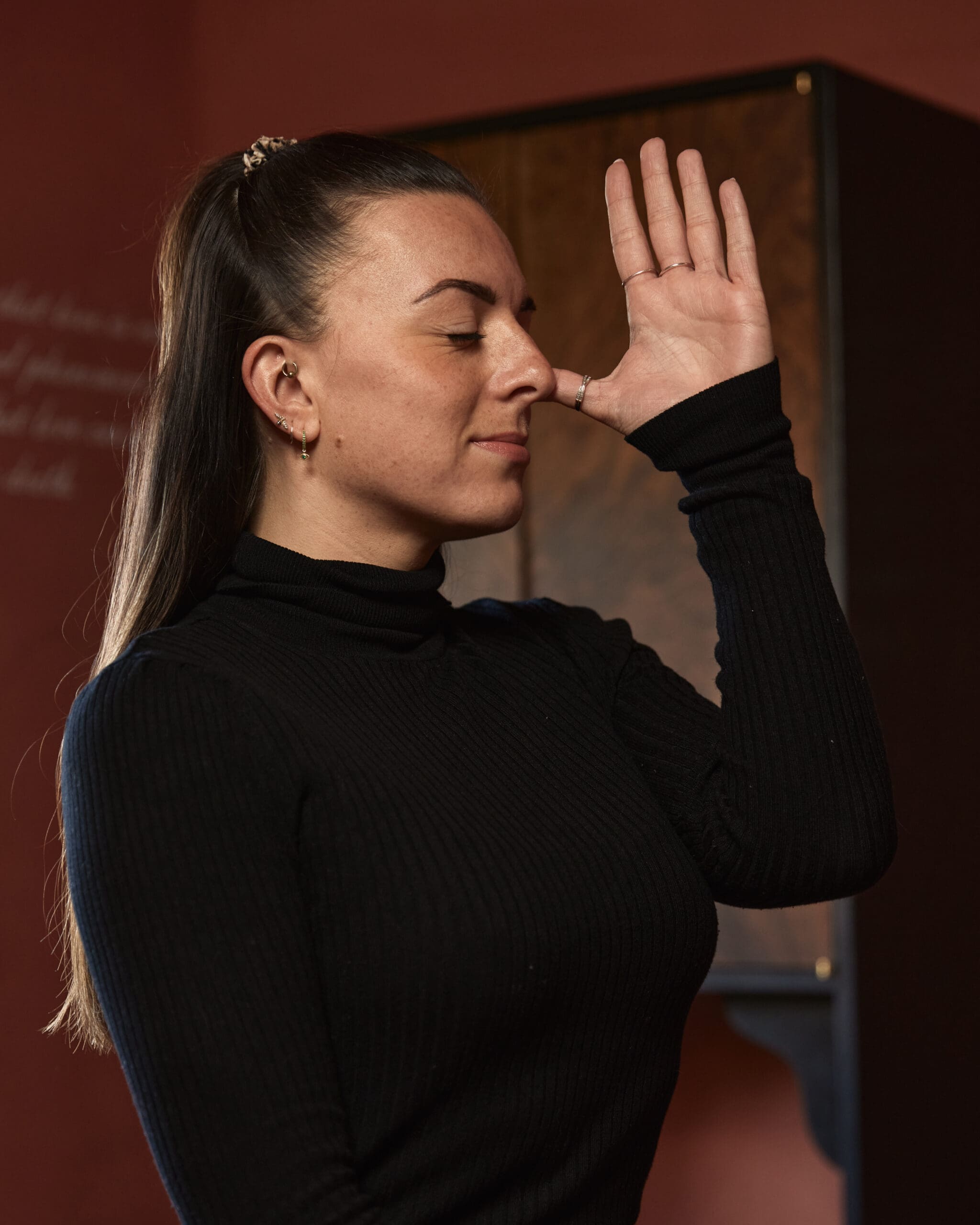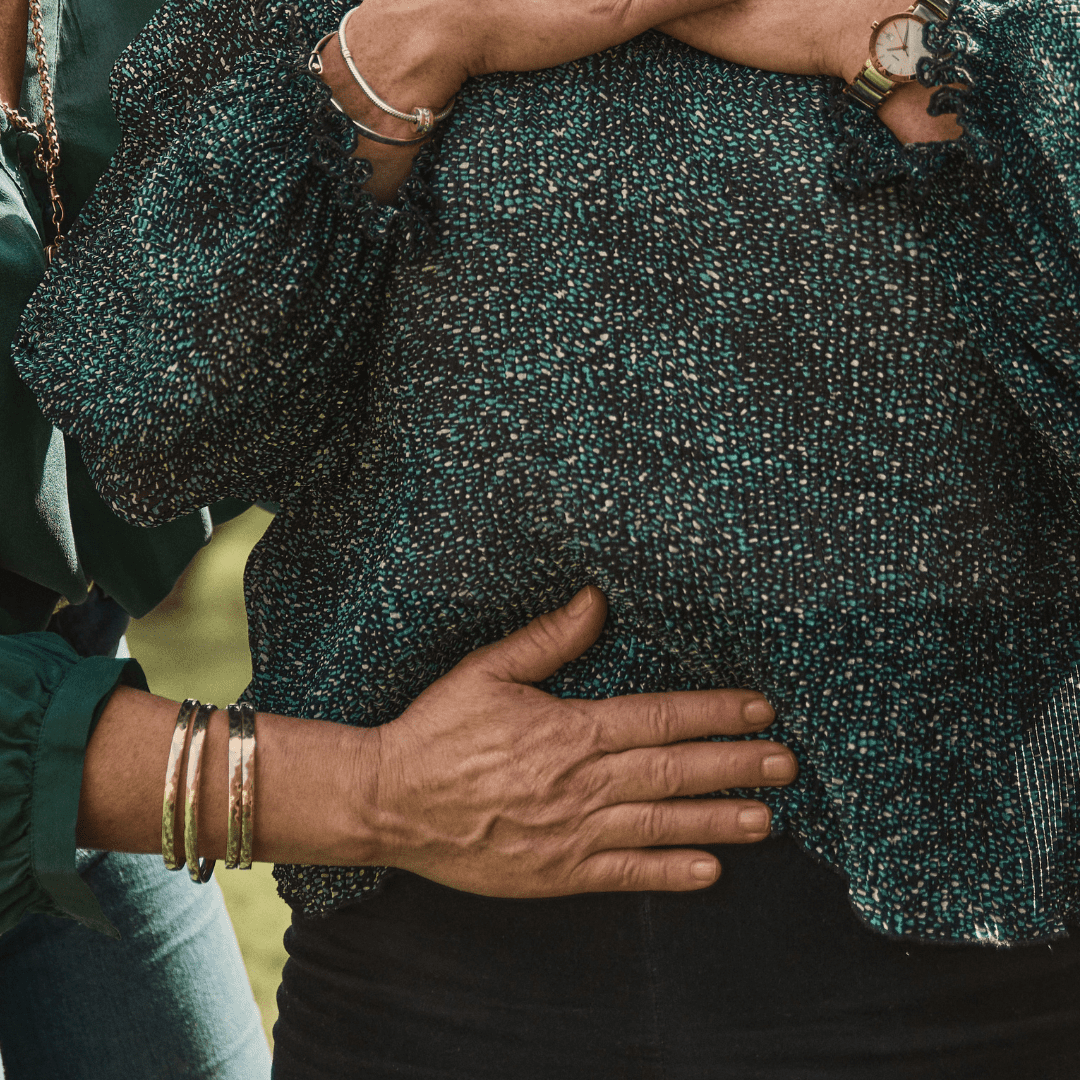
Why the Way You Breathe Matters More Than You Think
When a human baby is born, they breathe naturally through their stomach. You’ll notice their little bellies gently rising and falling with each breath, calm, rhythmic, and relaxed. Now contrast that with the average adult: shallow chest breaths, fast-paced, and often unnoticed until stress bubbles over.
You may be wondering, “Who cares how we breathe?”
Well, it turns out your breath reveals a lot more than you might think.
The Science Behind Your Breath
Stomach breathing, also called diaphragmatic breathing, is a signal that your body is operating from the parasympathetic nervous system. This is your rest, digest, and heal mode. When you’re in this state, your body receives cues of safety, presence, and calm. Your system repairs itself, your mind clears, and your emotional state is more grounded.
On the flip side, chest breathing is usually a sign that your body is in sympathetic mode, our fight, flight, or freeze response. This is the part of your nervous system that prepares you to run from a threat or engage in battle. Useful in emergencies? Absolutely. But many of us are stuck here all the time, breathing from our chests, living in a perpetual state of stress.
The Hidden Cost of Adult Stress on Children
Here’s where it gets deeper. Babies are born breathing properly, grounded in presence. But they learn how to regulate themselves by mimicking the nervous systems of the adults around them. So if a parent (or any adult) is constantly operating from a stressed, sympathetic state, a child will unconsciously begin to mirror that pattern.
Over time, the natural state of relaxed presence is replaced with inner tension, anxiety, and disconnection. This doesn’t just affect their internal world, it spills into how they engage with life. From a nervous system that was once peaceful, a child is pulled into a more chaotic and reactive way of being.
You Don’t Have to Be a Parent to Make a Difference
Even if you’re not a parent, your nervous system still speaks to those around you, especially children. Whether you’re a teacher, aunt, uncle, older sibling, neighbor, or just a stranger at the grocery store, your energy and presence (or lack thereof) can influence others.
Children are wired to sense safety, even more than logic. If your presence says, “I’m grounded, I’m safe,”you’re offering them a powerful example to return to their natural state of ease.
⸻
So What Can You Do?
• Become aware of your breath. Take moments throughout the day to check in: Am I breathing through my chest or my belly?
• Practice slowing down. Even just five deep belly breaths can reset your nervous system.
• Model calmness. You don’t need to be perfect, just intentional. Your nervous system can be a lighthouse for others, especially children.
In a world that often rewards hustle and stress, choosing presence is a quiet revolution. And it starts with something as simple, and profound, as your breath.




Leave a Reply